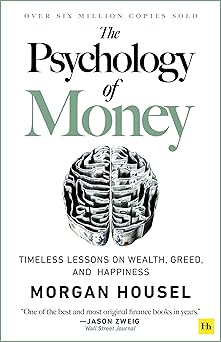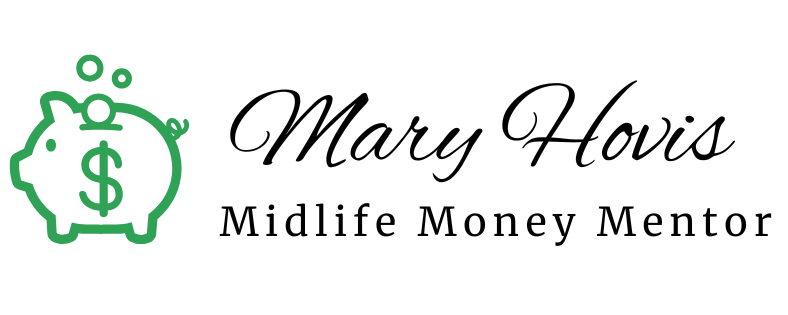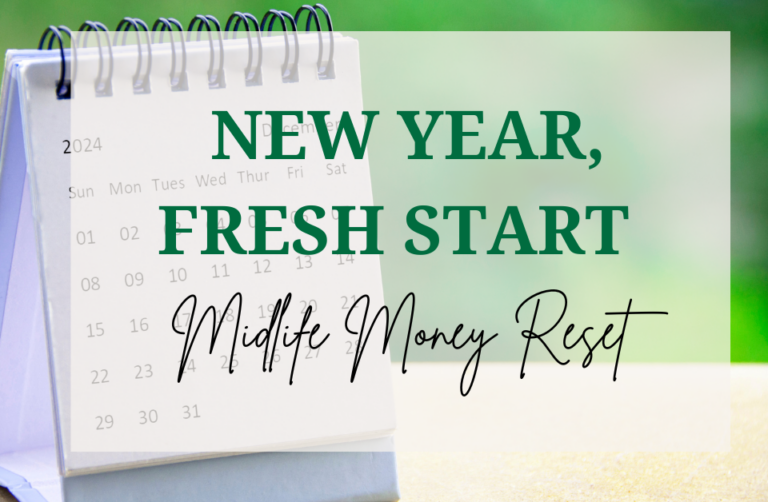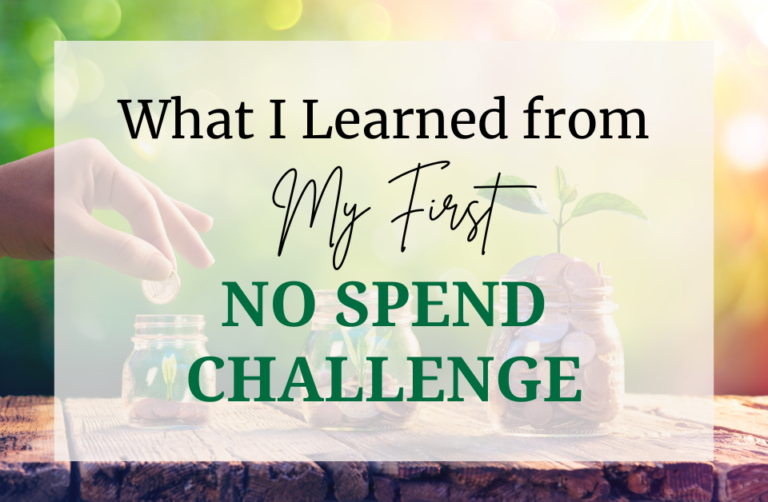Introducing: The Midlife Money Book Club
Welcome to a new series on the blog – a book review club dedicated to exploring personal finance, mindset, and empowerment. I’ll be delving into impactful books that can help you rethink your relationship with money, discover practical strategies, and inspire you to pursue the life you truly desire.
These aren’t your typical dry finance textbooks. I’m selecting works that delve into the emotional and psychological aspects of money – books that resonate deeply with women in midlife who are seeking to take charge of their financial futures without compromising their dreams.
First up on our reading list: “The Psychology of Money” by Morgan Housel. Let’s dive in!

How This Book Can Help You
Feeling stuck in a financial rut? You’re not alone. Many women in midlife are seeking a fresh perspective on money. Whether you’re anxious about retirement, struggling to stick to a budget, or feeling overwhelmed by societal expectations, “The Psychology of Money” is a must-read.
Housel breaks away from traditional finance advice by focusing on the emotional and psychological factors that drive our financial decisions. This perspective is incredibly powerful for women in midlife. It encourages us to let go of past money mistakes and start making conscious choices that align with our current values and aspirations.
Key Lessons from “The Psychology of Money”
- “Enough” is a Powerful Concept: Many of us chase wealth endlessly, never feeling satisfied because we haven’t defined our own version of financial freedom.
Ask yourself: What is “enough” for me? Defining your own financial freedom, free from societal pressures and comparisons, is a game-changer.
- True Wealth is Often Invisible: We often mistake visible wealth (luxury cars, extravagant homes) for true financial security. Real wealth lies in what we don’t see: robust savings, sound investments, and the peace of mind that comes from a strong financial foundation.
- Focus: Mindful budgeting and purposeful spending are the cornerstones of financial freedom. It’s not about appearing wealthy; it’s about money in the bank.
- The Paradox of the Car: Many people purchase luxury items, such as cars, not for themselves but to impress others.
- Many want to present an image of wealth or being cool. The paradox is others don’t notice you-they notice your possession.
- If you want others to think highly of you, humility, kindness, and empathy will go much further in garnering you the respect and admiration you crave.
- Challenge societal pressures: Don’t chase an external image that leads to stress, debt, and financial insecurity.
- Reasonable Over Rational: While perfectly rational choices may look good on paper, they often fail to account for our unique emotional and psychological realities.
- He says people are not machines and don’t want the perfect, optimal strategy but rather the one that lets them sleep soundly at night.
- Find a balance: Prioritize “reasonable” decisions that align with your comfort level and emotional well-being, even if they aren’t the most theoretically optimal.
- Freedom: The Ultimate Financial Goal: The true value of money lies in its ability to buy freedom and flexibility. Financial independence isn’t about accumulating the most wealth; it’s about gaining control over your time and choices.
- He mentions a survey that found what older people really wanted when they reviewed their lives was quality friendships, being part of something bigger than themselves, and spending unstructured quality time with their family.
- Ask yourself: What does freedom look like to me? What changes can I make to reclaim my time, energy, and financial peace?
- Save Money: Why It’s About More Than Emergencies: Saving provides flexibility, options, and peace of mind. However, this idea seems to have lost value in our modern culture.
- Save money for savings’ sake. Be ready for big, scary things you can’t possibly prepare for. He says we will each face a financial challenge that we never planned for and is more expensive than we can anticipate.
- Create breathing room: A financial cushion isn’t just about weathering emergencies; it’s about having the freedom to say “yes” to new opportunities or adapt to unexpected life changes.

Practical Money Moves: Aligning with Morgan Housel’s Approach
Housel doesn’t just preach financial theory; he practices what he preaches. His approach aligns with several principles I also advocate:
- Paying Off His Home for Peace of Mind: Owning his home outright provided him with a significant sense of security and peace. If paying off debt, especially your home, helps you sleep better at night, it’s a worthy goal. The emotional benefit often outweighs any theoretical financial gain.
- Maintaining a Substantial Liquid Reserve: A healthy cash reserve reduces financial stress and gives you the confidence to handle emergencies or seize new opportunities without resorting to debt.
- Investing Through Dollar-Cost Averaging in Low-Cost Index Funds: A steady, consistent approach to investing in low-cost funds can be one of the most effective ways to build wealth over time.
Final Thoughts
“The Psychology of Money” powerfully reminds us that financial success isn’t solely about numbers; it’s about the narratives we tell ourselves.
Unlike many finance books that focus solely on numbers and strategies, this book encourages self-reflection. It invites you to examine your past financial decisions without judgment and empowers you to reshape your future by aligning your choices with your values.
This perfectly aligns with the philosophy behind my Midlife Money Makeover framework: Your financial habits are deeply intertwined with your mindset and emotional patterns. By addressing these patterns, you can create lasting, positive change.
Don’t wait another day to start rewriting your money story. Pick up a copy of “The Psychology of Money” today and begin your journey to financial freedom.
Ready to dive deeper? Join the conversation in the comments below. Share your own thoughts on the book and how it resonates with you.







